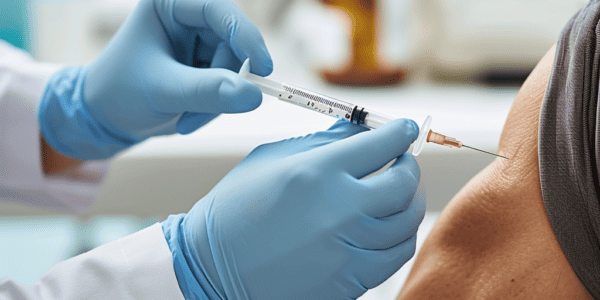The Role of Artificial Intelligence in Early Diagnosis of Sepsis and Critical Conditions in Healthcare
Artificial intelligence (AI) is revolutionizing the healthcare industry by improving early diagnosis and patient outcomes. With 1 in 3 Americans who pass away in a hospital setting having sepsis, the urgent need for AI advancements is clear. By leveraging AI technology, healthcare professionals can detect sepsis earlier, leading to more timely interventions and improved patient outcomes. The potential benefits of AI in improving the detection and management of sepsis underscore the importance of ongoing advancements in this field.
Seattle’s Recent Developments and Challenges
Seattle is facing a lack of police alternatives, but the city’s preschool program is set to undergo a $3.5 million expansion. Parking rate changes have been implemented, and a fatal pileup in Renton has cast a shadow over the city. Researchers at Fred Hutchinson have developed a blood test for colorectal cancer, and the popular Cutie Fest is seeking a new location. As the city transitions into the spring season, the unseasonably warm and sunny weather is expected to give way to clouds and gray skies.
Guardant Health’s Shield Blood Test Shows Promise in Detecting Colorectal Cancer
Guardant Health, Inc. announces results from the ECLIPSE study showing the effectiveness of its Shield™ blood test for detecting colorectal cancer in average-risk adults. The study demonstrated the test’s high sensitivity in detecting individuals with CRC and pathology-confirmed Stages I–III, with potential to detect more CRCs at a curable stage than traditional screening methods.
Simple Blood Tests Could Revolutionize Alzheimer’s Diagnosis
The possibility of simple blood tests to help diagnose Alzheimer’s disease faster has been given a boost after researchers revealed evidence that they can rival costly brain scans or painful lumbar punctures for accuracy. Recent studies have brought the possibility…
Rice University Scientists Develop Noninvasive Method to Monitor Gene Expression in the Brain
This week, Rice University scientists have made a groundbreaking development in the study of gene expression in the brain. Their research, published in Nature Biotechnology, introduces a noninvasive method to monitor gene expression dynamics in the brain through a simple…





